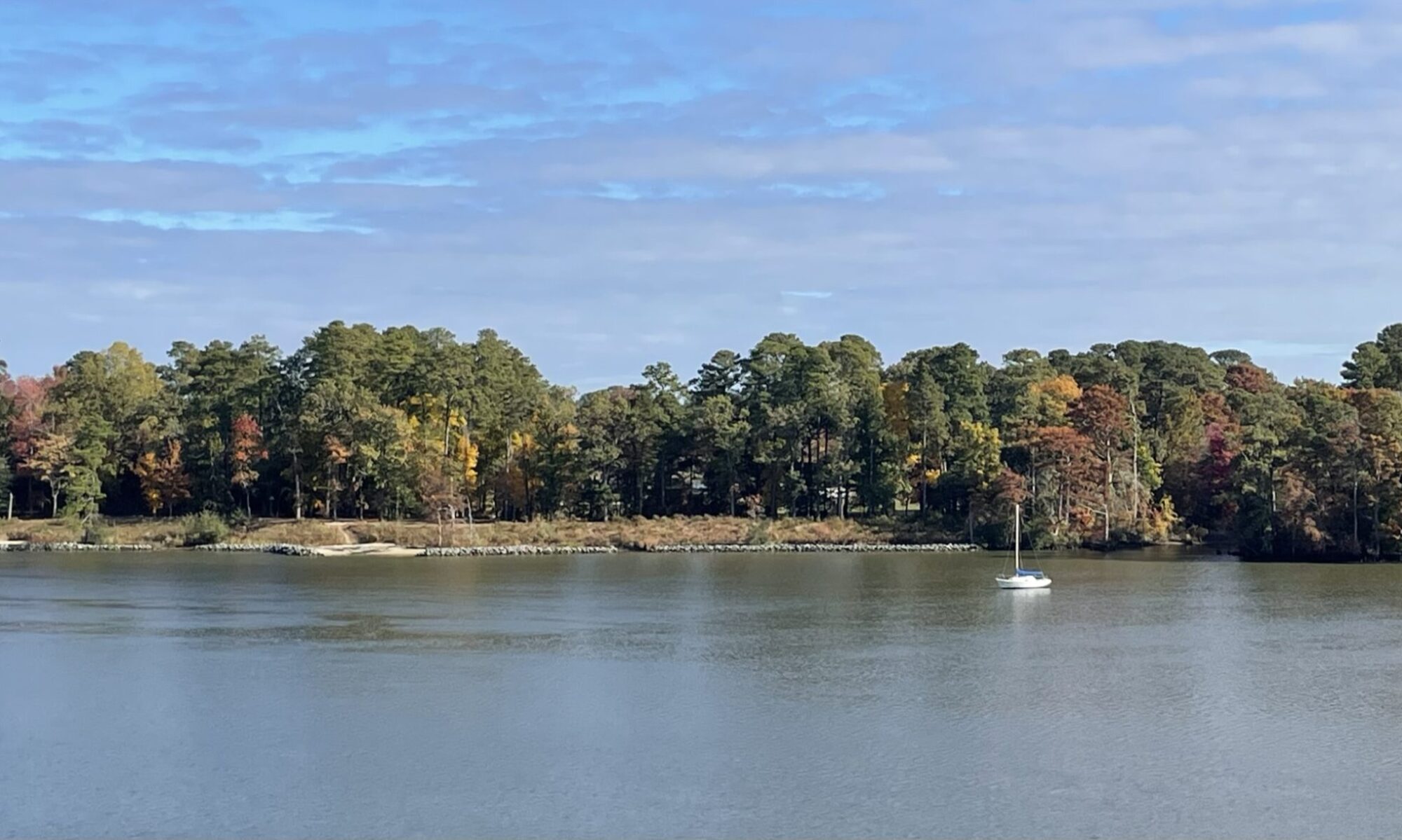Somewhere along the way I became much more a magazine reader than a book reader.
It seemed to better fit my life, I guess. I wrote sports columns and features, some long-form but mostly quicker-hit, short-story stuff. So it was natural I’d be drawn to read, and be inspired by, similar reporting and non-fiction in places like The New Yorker, Esquire and Sports Illustrated.
(I tried Vanity Fair years ago, too, for a little while. But the cloying “famous actor said while spearing a piece of seared tuna drizzled with ginger marinade from his lunch plate” BS in the Vanity Fair celebrity puff wore me out.)
Anyway, I morphed into reading only a couple of books a year, maybe. A presidential biography; Lincoln, Jefferson, Truman. The mysteries of dogs. Golf psychology. A bit of fiction; “Life of Pi.” “The Kite Runner.” Stuff like that.
So I am proud to report — if only to myself on this blog for intellectual affirmation and behavioral reinforcement — that I have reacquainted myself with the delicious adrenaline of picking up a book I cannot put down, of carving out blocks of time to keep the pages turning and my imagination ignited.
It is “All The Light We Cannot See,” a masterful World War II novel by Anthony Doerr that won the 2015 Pulitzer Prize for fiction. The characters are simply but sharply drawn in short, pulsating chapters, most only two or three pages. His multi-tentacled, richly woven story drips with visceral description, dialogue and emotion.
I got it from the Old Dominion library, grabbing it as an afterthought – lured by the Pulitzer note next to it on the shelf — on my way out after picking up the book of essays I actually walked in for.
I waited to start it but have raced to the final 100 pages, waking up early, putting off household chores, losing myself again (as it should be) in literature, ending this post (in a second) . . . to dive back in.
I hope to be again like my daughter and certain friends who have the next one — and the one after that — waiting even as their current pages flip and fly by, ink on bound paper, the wonderful melody of elegantly arranged words leaping forth to enrich my life and inform my own writing, such as it is.
It is so easy to drift. But I like myself more when I realize my lapse, even in this case if it has taken longer than it should have to right the course, back to the savoring of art and toward the land of the better read.
